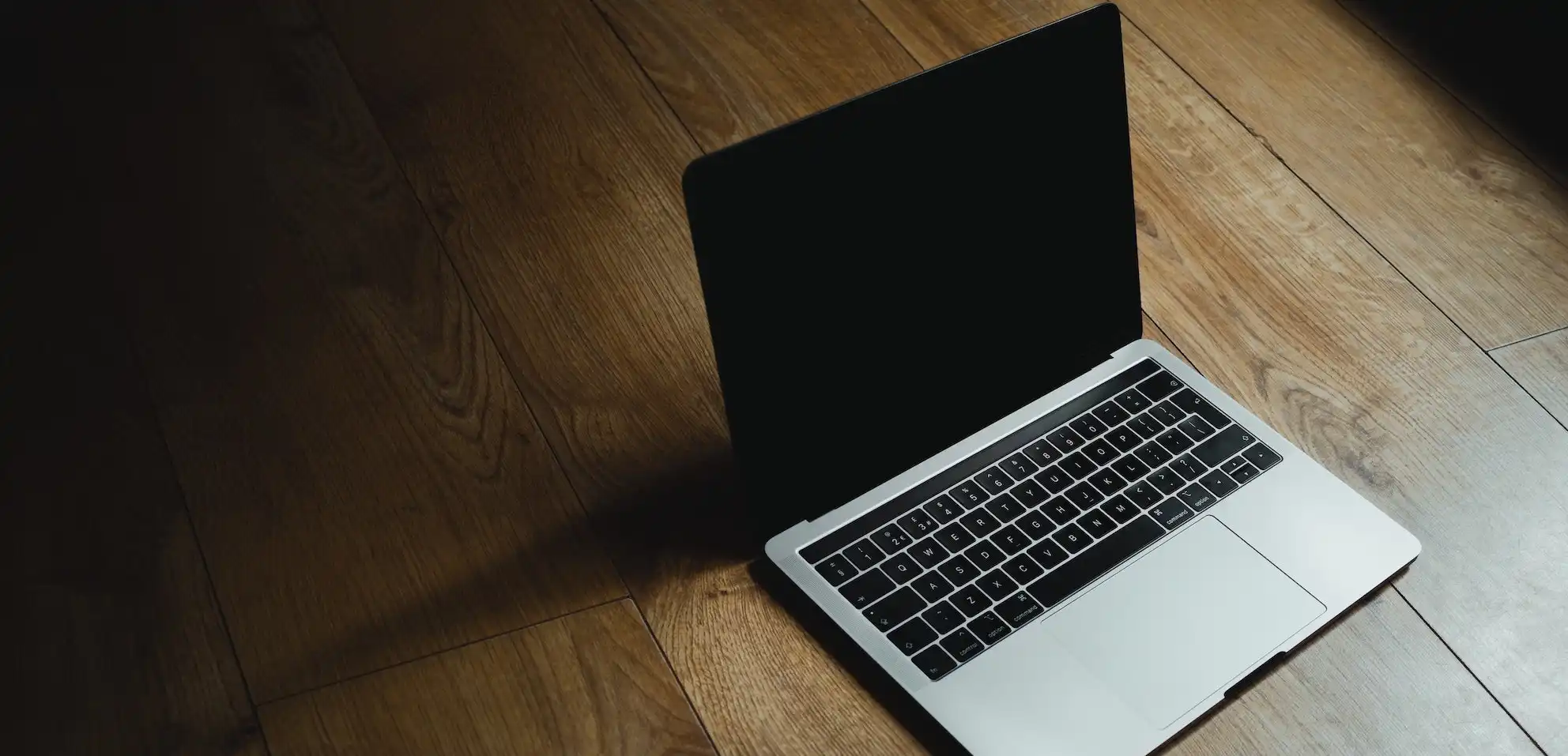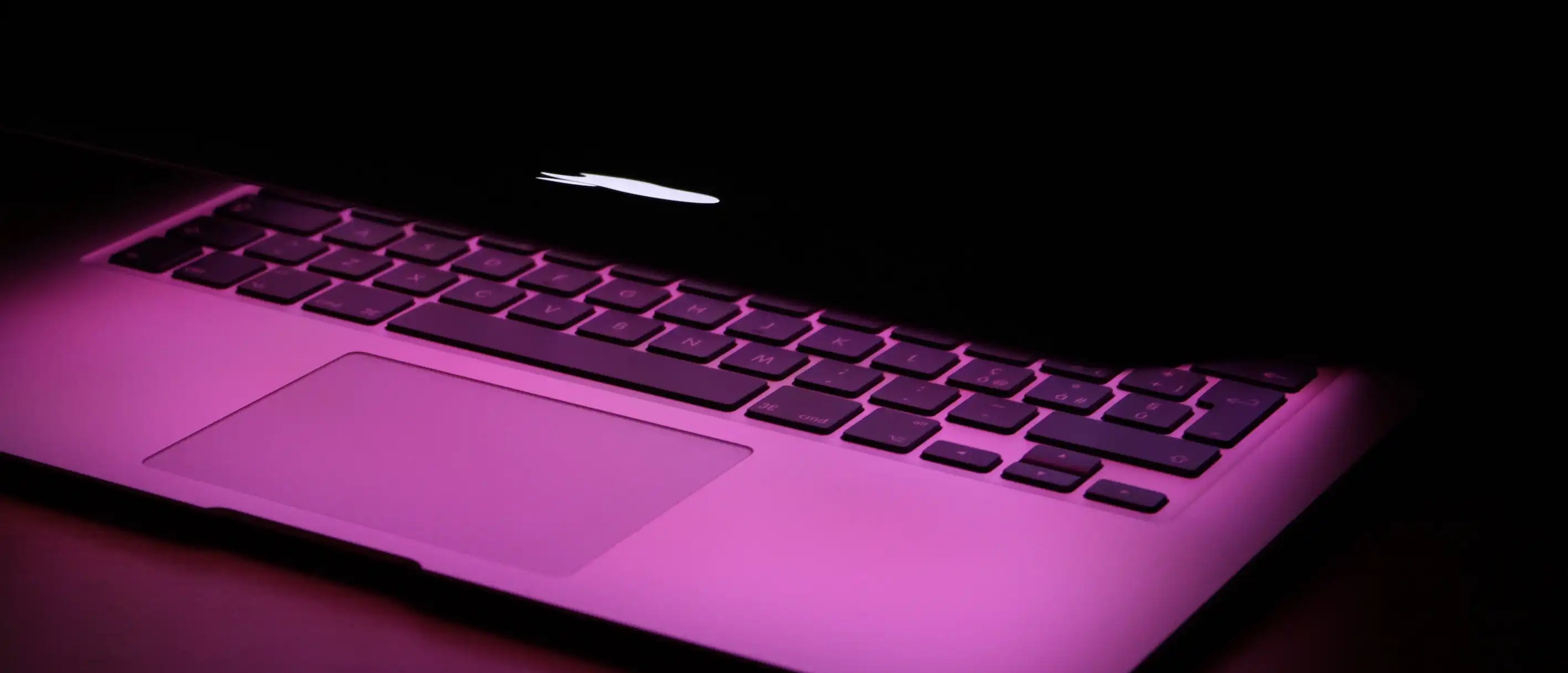Are you worried about overcharging your MacBook battery? Don’t be! Modern MacBooks have technology that prevents them from overcharging. In this blog post, we’ll explain how that works and how you can avoid reducing the maximum battery life of your MacBook.
What is Overcharging?
Overcharging is when a device is plugged in and charging for a longer period of time than what’s necessary. This can result in the battery being damaged, as the overcharging can cause the battery’s cells to overheat, leading to reduced battery life.
Can I Overcharge My MacBook Battery?
No, it is not possible to overcharge your MacBook battery by leaving it plugged in all the time. Modern MacBooks use a technology called “smart charging” which prevents them from overcharging.
Smart charging technology works by detecting when the battery is full and then automatically stopping the charging process. This means that you can leave your MacBook plugged in all the time without worrying that it’s damaging the battery.
Can I Reduce the Maximum Battery Life of My MacBook by Keeping It Plugged In?
Although you can’t overcharge your MacBook by leaving it plugged in all the time, it is possible that you might reduce the battery’s maximum charging capacity by doing this.
Keeping your MacBook plugged in all the time is not a good idea if you want to maintain its maximum battery life. Although it may be convenient to keep your laptop powered up at all times, it is not the best practice when it comes to preserving the maximum battery life of your device. When your battery is fully charged, your MacBook will receive power directly from the power source and leave the battery idle.
It is best to keep the electronics inside your battery moving occasionally rather than letting it sit idle all the time. This will help to keep the battery components working properly and ensure that your battery lasts as long as possible.

How Can I Avoid Reducing the Maximum Battery Life of My MacBook?
To avoid reducing the maximum battery life of your MacBook, it’s best to let the battery fully discharge before plugging it in to charge again at least once a month. This will reduce the number of charge-discharge cycles, also make battery in-use again, and will eventually help the battery stay at its maximum capacity for longer.
Conclusion
It’s not possible to overcharge your MacBook battery by leaving it plugged in all the time, nor will it overheat or damage any other components. But it is possible that you might reduce the battery’s maximum charging capacity by keeping it plugged in all the time. To avoid this, try to use your MacBook while it’s unplugged and let the battery fully discharge before plugging it in to charge again at least once a month.
